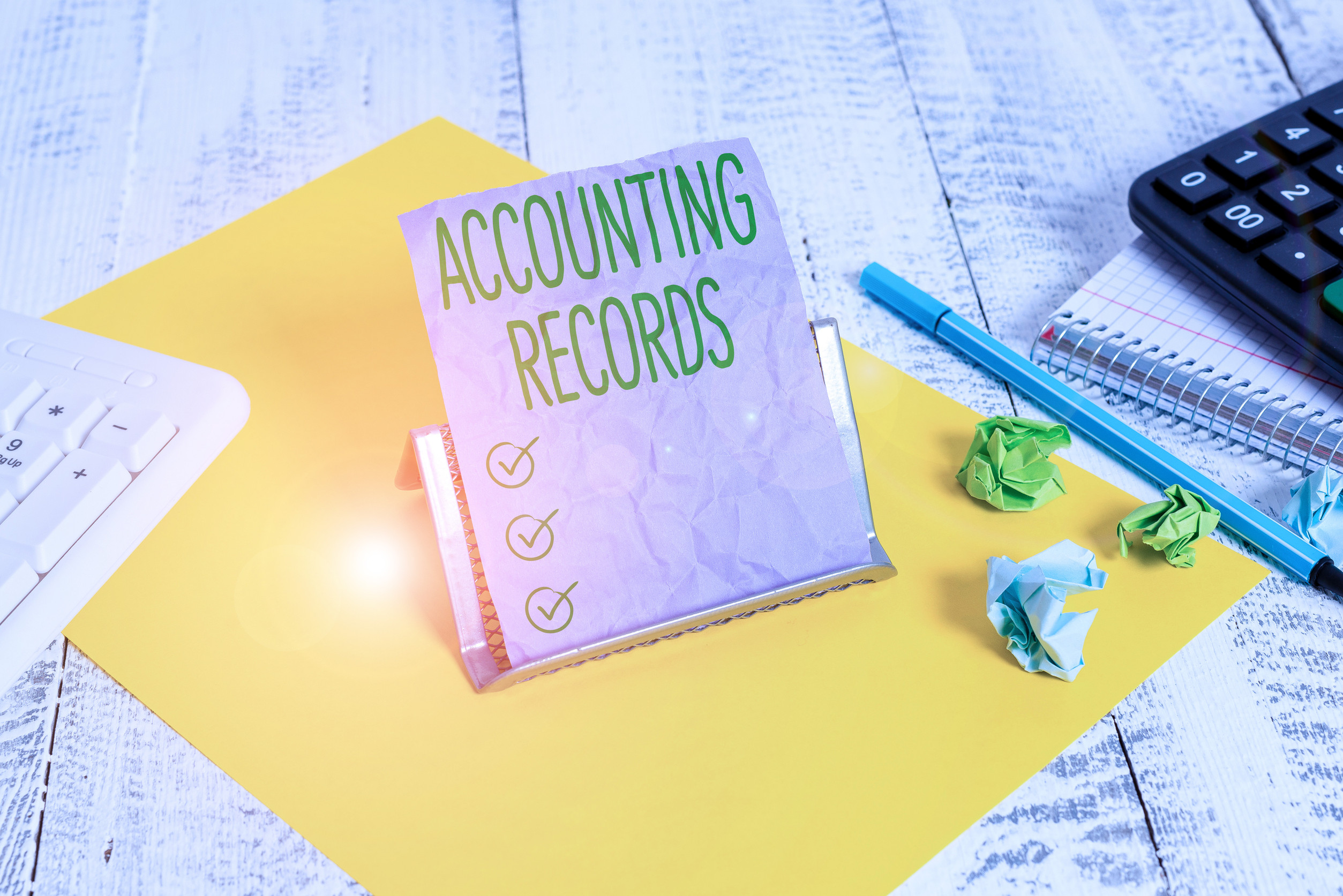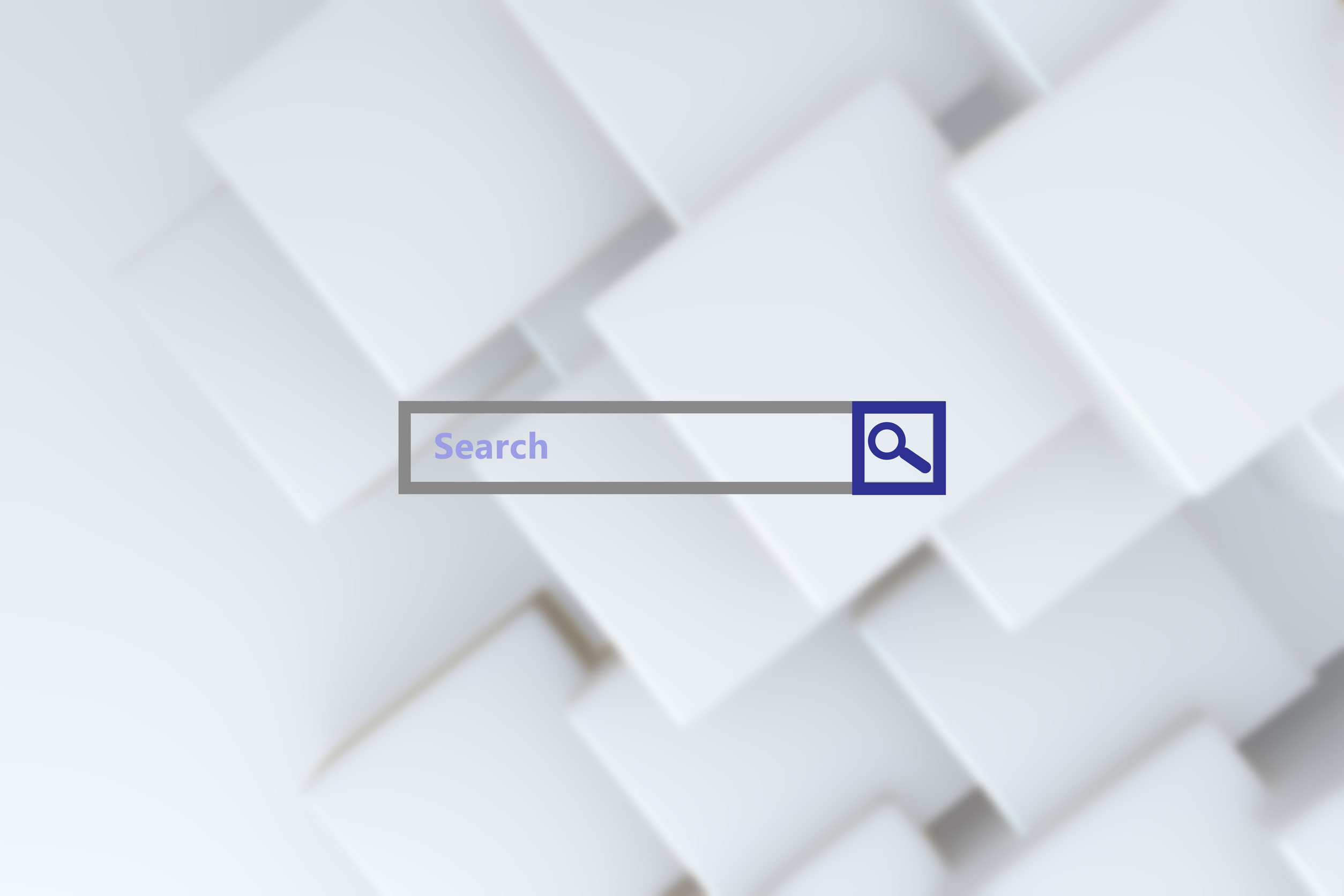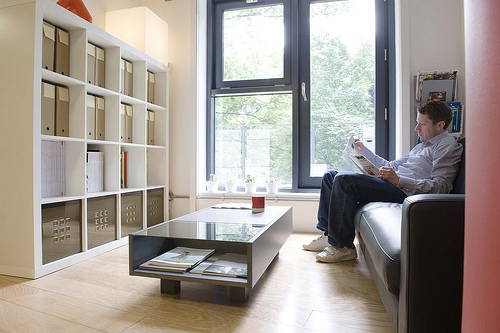
Image Source: unsplash.com
In an unexpected trend sweeping across retirement communities nationwide, financial advisors are being shown the door by their long-term clients. This shift isn’t happening because of poor investment returns or high fees—though those factors certainly play a role. The surprising catalyst behind this exodus reveals a fundamental change in how today’s retirees view their financial futures and what they expect from professional guidance. Understanding this phenomenon could save your retirement strategy from costly missteps and help you determine whether your current financial relationship is truly serving your needs.
1. The Trust Gap Is Widening Between Advisors and Retirees
The relationship between financial advisors and their retired clients has historically been built on a foundation of trust and expertise. Many retirees are discovering their advisors have been operating under outdated models that prioritize product sales over genuine financial planning. According to a recent survey by Vanguard, nearly 60% of retirees who switched advisors cited “lack of transparency” as their primary motivation. Technology has empowered retirees to verify information independently, making it easier to spot discrepancies between what they’re told and what research reveals. The generational shift toward self-education means today’s retirees are more financially literate than previous generations, enabling them to ask tougher questions. This knowledge gap closure has exposed situations where some advisors simply cannot justify their recommendations when pressed for evidence-based reasoning.
2. One-Size-Fits-All Retirement Strategies No Longer Satisfy
Modern retirees are rejecting cookie-cutter financial plans that fail to address their unique circumstances and goals. The traditional “4% withdrawal rule” and other standardized approaches are increasingly viewed as outdated oversimplifications that don’t account for longer lifespans and changing economic conditions. Personalization has become non-negotiable, with retirees expecting strategies tailored to their specific health situations, family dynamics, and lifestyle aspirations. Many advisors still rely heavily on age-based asset allocation formulas rather than developing truly customized approaches based on individual risk tolerance and objectives. Retirees are increasingly seeking advisors who demonstrate genuine curiosity about their lives and develop financial strategies that reflect their personal values, not just mathematical formulas.
3. Fee Structures Are Finally Coming Under Scrutiny
The veil has been lifted on the true cost of financial advice, prompting many retirees to question the value they receive relative to fees paid. Traditional percentage-based advisory fees that seemed reasonable during wealth accumulation phases can represent significant dollar amounts when applied to retirement portfolios. According to a study by NerdWallet, the average American pays between $502,407 and $936,390 in investment fees over their lifetime. Retirees are increasingly gravitating toward fee-only fiduciaries who eliminate conflicts of interest inherent in commission-based models. The rise of low-cost robo-advisors and digital platforms has established new benchmarks for what basic investment management should cost. This fee awareness has forced many retirees to ask the uncomfortable question: “What exactly am I paying for, and is it worth it?”
4. Communication Styles Are Creating Generational Disconnects
Today’s retirees expect advisors to communicate in ways that respect their intelligence and technological competence. Many advisors still rely on intimidating jargon and technical terminology that creates unnecessary barriers to understanding. Retirees report frustration with advisors who speak condescendingly or assume limited financial knowledge based solely on age. The frequency of communication has become another pain point, with many retirees expecting more regular updates than quarterly meetings or annual reviews. Digital natives entering retirement expect advisors to leverage technology for more efficient communication while still maintaining the personal touch that builds relationship trust.
5. Retirement Goals Have Evolved Beyond Simple Wealth Preservation
The definition of retirement success has fundamentally changed, leaving some advisors struggling to adapt their approaches. Modern retirees increasingly prioritize experiences over assets, seeking financial strategies that enable active lifestyles rather than merely preserving wealth. Environmental and social impact considerations have become important factors in investment decisions for many retirees, who want portfolios aligned with their values. Healthspan—not just lifespan—has emerged as a critical planning factor, with retirees seeking advisors who understand the financial implications of longevity and wellness. Many advisors remain fixated on traditional metrics like portfolio size rather than the more meaningful measure of how finances support quality of life. Retirees are seeking professionals who understand that money is merely a tool for living rather than an end goal in itself.
Finding True Financial Partnerships in Retirement
The exodus from traditional advisory relationships doesn’t mean retirees are abandoning professional guidance altogether—they’re simply becoming more discerning consumers. The most successful retirement planning relationships now resemble partnerships rather than the paternalistic models of the past. Advisors who thrive in this new landscape demonstrate genuine empathy, technological competence, and a willingness to collaborate rather than dictate. Transparency has become the cornerstone of trust, with successful advisors proactively disclosing all fees, potential conflicts of interest, and the reasoning behind recommendations. The future belongs to advisors who position themselves as retirement lifestyle designers rather than merely investment managers.
Have you noticed changes in your relationship with your financial advisor as you’ve approached or entered retirement? What qualities would make you reconsider your current financial guidance arrangement?
Read More










